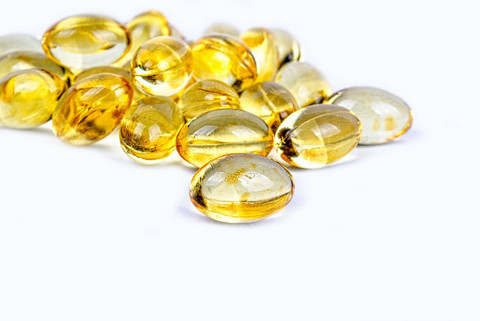Risk of falls dangerous to elderly
One of the biggest threats to the health of the elderly or disabled is the risk of falls in the home or garden. After a fall it is common for the elderly to end up in hospital due to serious injury, which they can be vulnerable to with muscle and bone weakness. In some cases falls in the elderly can result in death. You can read the full article by TIME.
Does Vitamin D really help?
Vitamin D can be a common treatment for weak bones, which can be a contributing factor to the risk of falls in the elderly. With age, bones can become more thin and brittle, therefore breaking more easily in the event of a fall. Vitamin D is taken, either through supplements or from more dairy foods, to help slow the deterioration of bones to protect from fractures and breaks.
However it isn’t clear how much Vitamin D is needed to keep bones strong and healthy to reduce the risk of falls.
Too much Vitamin D may increase falls
Studies have shown that taking a higher dose of Vitamin D, than the current recommended 800 IU a day, can actually increase the risk of falls. Taking too much Vitamin D may increase fractures and falls.
Researchers studying what the ideal amount of Vitamin D,
“were surprised to find that fewer people taking the lowest dose of the vitamin, at 24,000 IU monthly, had falls (about 48%) while more of those taking the two higher doses (about 66.5%) fell during the year that the scientists monitored them”
Those on the lower amount of Vitamin D had fewer falls, but also showed better muscle strength in their lower extremities.
Telecare Choice for falls
If you know of an elderly person who lives alone or could suffer a fall, you can find out more about our alarms for risk of falls. Or you can call us for a chat about our plans, NHS referrals and prices on 0800 635 7000.




